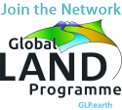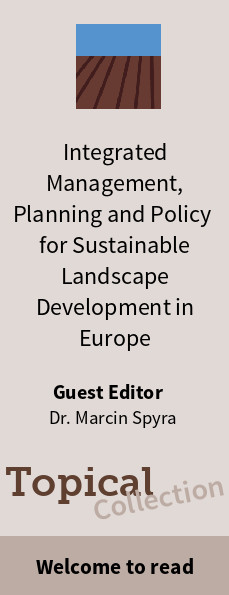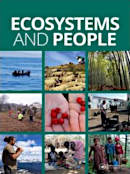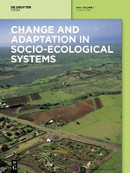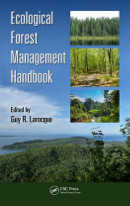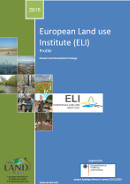Structure
Structure and organization of ELIThe ELI structure includes two member bodies, the Member Council and the Scientific Steering Board chaired by the ELI coordinator. The Member Council is the decision making body in ELI considering all fundamental collaboration aspects, such as structure, cooperation form and further development of the institute. The Scientific Steering Board is formed by elected ELI members who stand each for a specific ELI chapter. They are responsible for profiling the ELI chapters and providing a synthesis of research state of art and needs and for deciding upon current and future focus topics within ELI. The coordinator is responsible for integrating the chapter syntheses and develop the overall profile of ELI.
ELI members can represent research or education institutions, SME, NGOs or can be or individual members. Members from outside Europe are associated members with full rights and access to all ELI services and full eligibility for the Scientific Board. A central motivation of ELI is to create an added value for ELI members by bundling our forces and thereby being able to provide unique support and services. Services for ELI members, which we already established in a fruitful discussion and development process, are, for instance, an interactive partner data base which holds the partner profile and partner information and supports easy identification and selection of appropriate partners for projects or publication activities and enables also an automatic upload of all available partner information as basis for collaboration activities.
Member council
The member council is the central body of ELI. It consists of representatives (preferably the contact persons named by the members, see Annex I) of all research & development, SME, NGO, individual and associated partners and will meet in ordinary session every year during the RegioResources 21 conference, which is the central scientific exchange platform within the ELI activities. The member council proposes and elects the members of the Scientific Advisory Board (section 2.2.2) It decides furthermore with bare majority during the annual meeting or per online consultation on any important change in the work mode or structure of ELI, e.g. on establishing additional bodies (consulting body), changes in the cooperation basis (business model) or altering the frequency of the RegioRessources 21 conference.
Scientific Advisory Board
The Scientific Advisory Board will be installed for establishing and keeping under review the overall research framework and the strategy of ELI, to maintain a high quality of the research, e.g. through evaluating ELI's research activities, publications and reports. It will also decide upon the acceptance of potential new member institutions in ELI. The Scientific Advisory Board will consist of as much members as sectoral and cross-cutting issues are involved in the ELI structure (see 2.2.5). Each of them takes responsibility for synthesizing the scientific mission within one of the land-use sectors or cross-cutting issues and to support the coordination in integrating this synthesis in the overall scientific profile of ELI. The new board members will be elected after approval of the new cooperation agreement in a two-stage process and their term will be identical with the running period of the cooperation agreement. In a first step, the partner council will propose potential members of the board for each of the sectors and cross-cutting issues. Eligible are only ELI members. In a second step, the board members are elected based on a web-routine. Each member of the Scientific Advisory Board can retire his or her activity by an informal announcement to the ELI coordinator that includes suggesting a substitutional ELI member; the latter has to be approved by the Scientific Advisory Board and his or her term will be the identical with the retiring advisory board member. In the case, no successor is nominated by the retiring member, the Scientific Advisory Board will take responsibility for an adequate nomination.
Coordination
The coordination consists of a team sharing the scientific coordination and providing technical services, such as maintaining the web-page and intranet of the ELI, organizing or supporting the organization of project applications / participations, publication activities and ELI events. This service is maintained for the duration of this cooperation agreement by in-kind contributions and input from collaboration projects. Another service is the publication via the journal Change and Adaptation in Socio-Ecological Systems (CASES) that has been funded under the ELI umbrella and is maintained by de Gruyter. The coordination is also responsible to organize the European Nodal Office of Global Land Project, while members of the council can voluntarily contribute to the staffing of the Nodal Office by agreeing to input time and commitment in supporting the Nodal Office Activities.


